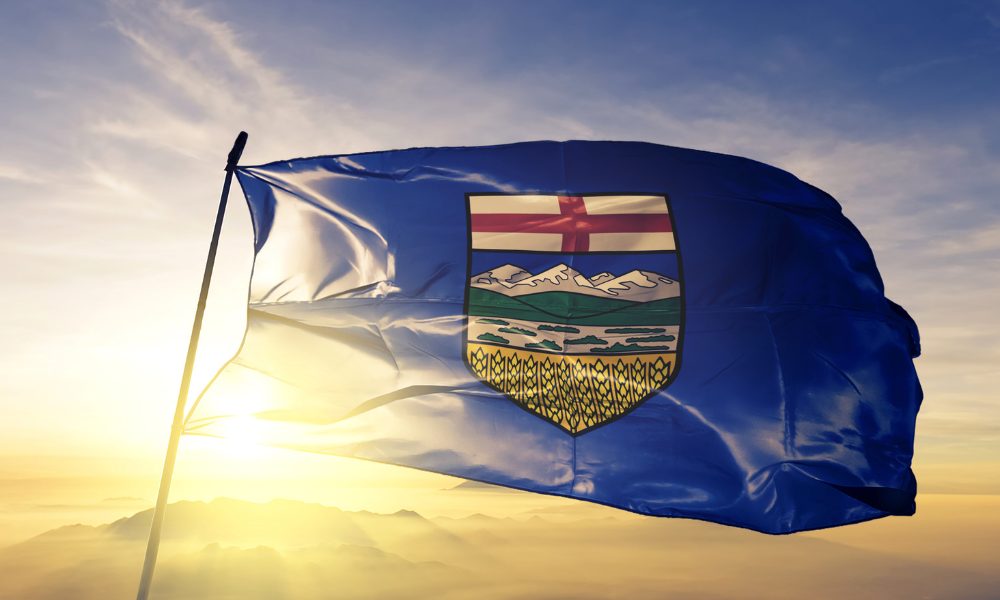
'Upholding the Treaties is not a political choice but a constitutional duty,' lawyers' group says

The Indigenous Bar Association (IBA) has criticized efforts to use referenda or provincial legislation to establish jurisdictional authority over lands and rights that numbered treaties already govern without the free, prior, and informed consent of the First Nation that signed.
These attempts go against the Crown’s honour, reconciliation efforts, and the stability of Canada’s foundational legal relationships, according to the IBA’s press release. The association called on all governments, institutions, and Canadians to fight political tactics aiming to undermine Indigenous rights.
Specifically, the IBA expressed deep concern about the return of separatist rhetoric in Alberta, including through proposed provincial legislation seeking to make it easier to initiate referenda. The IBA said this political effort jeopardizes the legal and constitutional framework protecting treaty rights in Canada.
In its press release, the IBA expressed support for First Nations claiming that the Crown, not the provinces, entered the treaties and that provincial governments’ shifting priorities do not govern these sacred agreements.
The IBA noted that agreements such as Treaties No. 6, 7, and 8 came before Alberta’s establishment in 1905, went beyond the province’s borders, and applied to jurisdictions such as BC, Saskatchewan, and the Northwest Territories.
“Upholding the Treaties is not a political choice but a constitutional duty,” the IBA said in its press release.
CBC reported that the provincial government made last-minute changes to the proposed Bill 54 – the Election Statutes Amendment Act – this month to clarify that provincial referenda would not impact current Indigenous and treaty rights. The CBC article described the bill as controversial, having attracted criticism from Indigenous leaders since its introduction.
According to the CBC article, the provincial government under Premier Danielle Smith was attempting to bring down the threshold applicable to referenda commenced by citizens, including one focused on the question of whether Alberta should separate from the rest of the country.
In its press release, the IBA said this late amendment by Smith’s government showed that it did not comprehend constitutional and treaty laws.
“Treaty rights are not provincial to grant, deny, or interpret — they are constitutionally protected under section 35 of the Constitution Act, 1982 and remain binding on the Crown as a matter of national and international legal obligations,” the IBA added in its press release.
The IBA is the national non-profit organization that acts for Canada’s Indigenous – First Nation, Métis, and Inuit – practising and non-practising lawyers, judges, legal academics, legal scholars, articling clerks, law students, and paralegals.